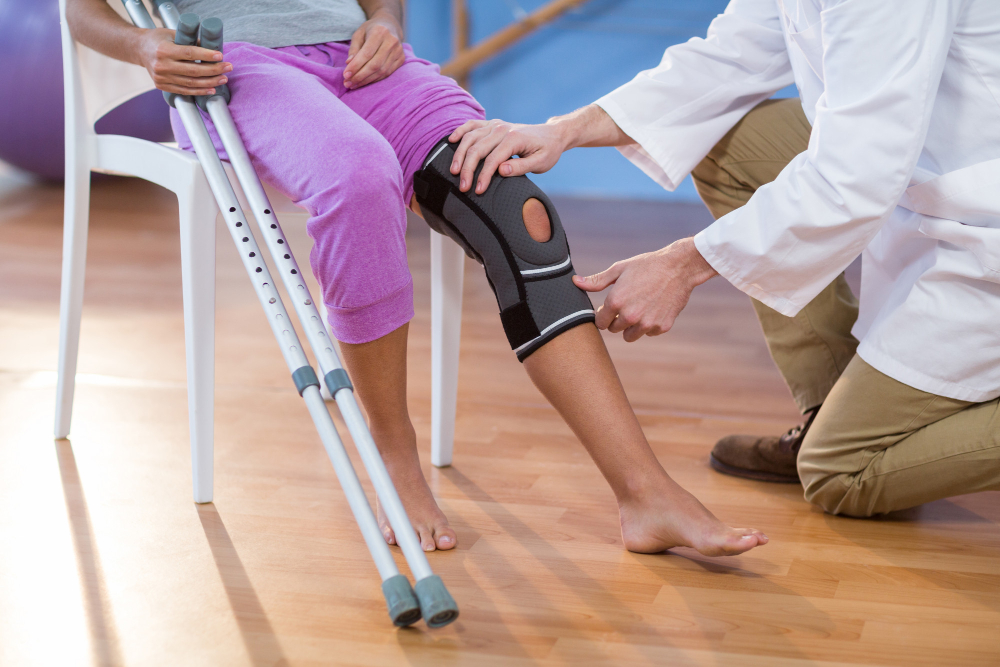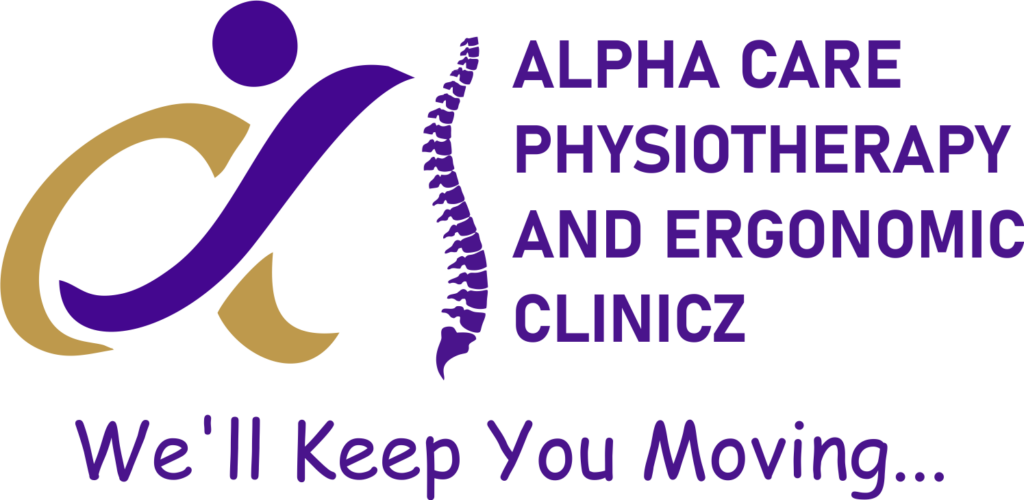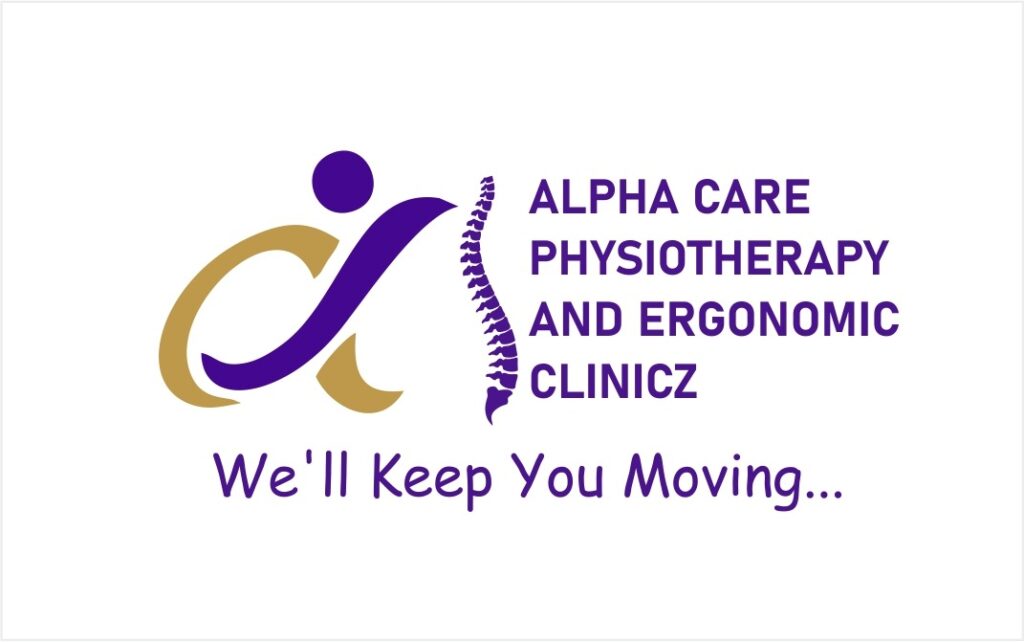Post-Fracture Rehab

- Post-fracture rehabilitation is crucial for restoring function and mobility after a bone fracture.
- It aims to promote healing, reduce pain, and prevent complications such as stiffness, weakness, and joint contractures.
- The specific rehabilitation plan varies depending on the location and severity of the fracture, as well as individual factors like age and overall health.
- Initially, treatment may involve immobilization of the injured limb with a cast, splint, or brace to protect the fracture site and facilitate healing.
- Once the fracture begins to heal, gradual mobilization and range of motion exercises are introduced to prevent stiffness and muscle atrophy.
- Physical therapy plays a key role in post-fracture rehabilitation, focusing on strengthening exercises, flexibility training, and functional activities to restore normal movement patterns.
- Occupational therapy may be incorporated to address limitations in daily activities and assist with adaptive techniques or assistive devices.
- Pain management strategies such as medication, manual therapy, heat or cold therapy, and modalities like ultrasound or electrical stimulation may be utilized.
- Education about proper body mechanics, activity modification, and injury prevention is provided to minimize the risk of re-injury.
- Progress is monitored closely, and the rehabilitation program is adjusted as needed based on the individual’s response to treatment and recovery trajectory.
- Psychological support and encouragement are important aspects of post-fracture rehabilitation, as patients may experience anxiety, frustration, or fear of re-injury.
- Regular follow-up appointments with healthcare providers are scheduled to assess progress, address concerns, and ensure optimal recovery.
- The duration of post-fracture rehabilitation varies depending on factors such as the severity of the fracture, the individual’s overall health, and adherence to the rehabilitation program.
- Ultimately, post-fracture rehabilitation aims to help individuals regain independence, function, and quality of life following a bone fracture.



